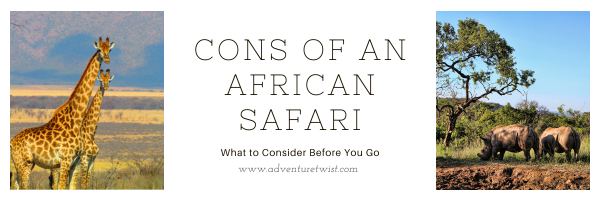
Visiting the African safari can be an adventure, especially when experiencing the wildlife and the stunning views of nature. No doubt, there are many pros to an African safari, but while the advantages are extraordinary, it is important to remember that, like any life experience, there are also some cons and risks.
Safari, the Swahili word for ‘journey’ encompasses an expedition into the wilderness, where you’ll have the rare privilege to encounter a variety of wildlife and untamed nature safely and honourably.
An African safari is an adventure trip usually by tourists to experience animals in their natural habitat, explore the breathtaking landscape of the continent, immerse in diverse cultures, and witness the world’s most iconic and diverse wildlife. These natural habitats range from national parks or game reserves such as the Masai Mara in Kenya to Kruger National Park in South Africa, and Serengeti in Tanzania.
While putting together this resource, we have shed more light on safari drawbacks, African safari risks among other notable information, and a variety of factors that contribute to the challenges of African safari.
Top 8 Major Cons of an African Safari
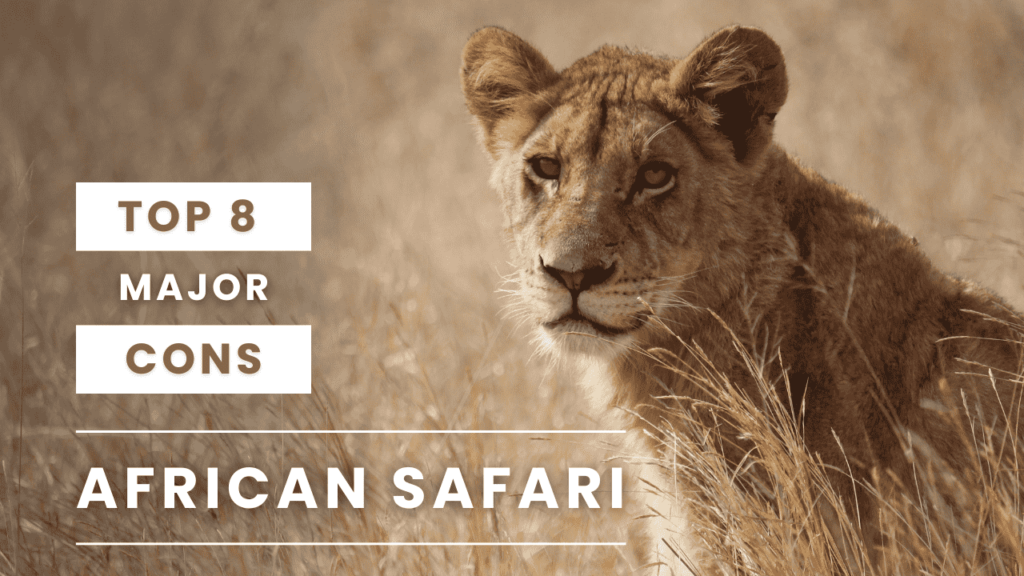
High-Cost Implication: The Financial Burden of an African Safari
One of the Cons of an African Safari is the high cost implication. Partly for its steep price tag an African safari is considered a trip of a lifetime for many individuals. Especially when you opt for luxury accommodations, exclusive experiences, park fees, and private guides, the overall cost of the safari tends to increase. This is not inclusive of flights, visa processing fees, and other travel essentials. However, there are budget options to consider that will help control the cost of your Safari experience, but you must keep an open mind.
- Consider budget-friendly accommodation. One way to achieve this is to plan your safari in a National Park, like Kruger in South Africa, which is accessible to the public for a small fee and foreigners have a variety of affordable lodges and camps in and around the vicinity.
- There are some volunteer programs available like the BIG FIVE NATURE PROJECT where for a significant discount you get to spend two weeks camping in the bush with the possibility of encountering the Big Five.
- Some national parks are well suited for renting and driving your own safari vehicle. With a connection of well-maintained roads, you don’t have to pay for a guide which also means you can regulate your tour time suitably. Note that this option is only advisable for individuals who are equal to the task as you cannot downplay the importance of a professional tour guide
- The coolest safari destinations with the most secluded and exceptional landscapes are further off the grid. Those inaccessible destinations cost more to get to, due to limited accessibility.
Health Risks and Safety Concerns on an African Safari
For safari goers, the health and safety challenges encountered are usually predictable and avoidable for the most part. A pre-consultation with a travel health care specialist is necessary and multiple vaccinations might be required for a healthy safari tour.
Most individuals who experience African safari have perfectly safe trips, but the overall outcome of your encounter largely depends on your planning, how much risk you are willing to take, and your ability to adhere strictly to rules and set guidelines. Below are some of the health risks and safety concerns to consider before visiting the African Safari (Cons):
- Malaria is a potentially fatal disease if not treated quickly so it is highly recommended to travel with some malaria pills when visiting high-risk regions. Ideally, avoiding mosquito bites would be the best option so wearing long sleeves and long pants, sleeping under mosquito nets, and spraying effective repellant are some of the non-medical measures to avoid one of the negative aspects of African safari.
- Yellow fever and hepatitis vaccines may be recommended or compulsory depending on the region you plan to visit so consult a travel clinic on the required vaccination and be sure to have copies of their certificate with you.
- Note that there is a widespread case of HIV and AIDS in Africa. Condoms are easily accessible at shops and pharmacies but come along with yours too.
- Most safari centres have their own basic First Aids Kit, but it is always advisable to bring your own. Especially medications you take regularly with prescription because the medicine supply in some parts of Africa is highly unreliable.
- Every traveler is responsible for securing their individual Medical Travel Insurance. Be cautious about including the medical evaluation by air option as many regions in Africa are far from effective medical facilities.
- It is highly advised to opt for a guided safari tour. The guides are knowledgeable and trained on the dos and don’ts of the safari terrain. They will help you navigate the wildlife encounters safely and ensure you enjoy an accident-free experience.
Environmental Impact: Is Your African Safari Sustainable?
As we continue to address the cons of an African Safari, one major aspect is the environmental footprint of safaris. Travelers from Europe and North America typically have carbon-intensive long-distance flights and sometimes additional connecting flights to access remote locations.
Explore the eco practices of the camps you are considering. Most reputable safari centres take sustainability seriously combining conservation commitments, community outreach, and eco-friendly environmental practices to create a complete experience. This makes a remarkable difference in the effect of your tourism on important things like economic development in local communities, wildlife preservation movements, and ultimately minimizing the environmental footprint of your African safari experience.
Many safari camps now run mostly on solar power. Like Botswana’s Okavango Delta, 80% of the camp’s overall electricity consumption is supplied by solar photovoltaic plants and Tesla powerpack battery energy storage systems. Other than alternative power and fuel, recently constructed and upcoming safari camps across Africa are being developed with traditional materials and skills such as thatching and weaving by local handicraft workers while utilizing salvaged material to reduce their physical footprint.
Ethical Issues: The Dark Side of African Safaris
one of the major challenges of African safari is that leading travel companies are severely failing wildlife. These influential businesses in the tourism industry are selling exploitative and cruel wildlife experiences for profit. These companies need to take responsibility for driving the demand for harmful wildlife experiences and end ticket sales to such venues.
Unsustainable wildlife trade is another reason for the speedy decrease in species occurrence and concentration, which could lead to their possible extinction and the unfavourable impact from biodiversity loss that follows including accelerated extinction of other species, an unbalanced ecosystem, amplified human-wildlife conflicts, susceptible food security, etc.
Wildlife safaris are helpful in conservation activities and are instrumental in protecting threatened species and their habitats. When we actively engage in wildlife preservation, support anti-poaching activities, and generally promote sustainable tourism practices, these safari experiences become a positive force in the ongoing battle against degradation and decrease of species.
Major brands like Airbnb, The Travel Corporation, and Booking.com have proactively eliminated captive wildlife entertainment. This is to further solidify their position in protecting wildlife by opposing the sale of exploitative safari attractions.
Physical Challenges: How Tough Is an African Safari?
This is no doubt one distinctive challenge of the African Safari as it poses to be physically tasking especially for individuals with physical limitations, particularly the walking safari and more adventurous itinerary. Consider your age and physical fitness level because from the fast and long rides on a bumpy stretch to an easy afternoon walk with a ranger, there is no telling what your encounter on a particular safari games tour will be.
You can easily engage in just the games drive and opt out of the walking safari, especially during summer when it gets very hot. Sometimes, there’s the option of a self-drive tour which is highly recommended for individuals who can handle an unguided safari tour.
Wildlife Unpredictability: The Risks of Close Encounters
Part of the cons of an African Safari is the risk of close encounters with wildlife. It’s important for tourists or anyone visiting the Safari to know that there is always the risk of close encounters with wildlife which could have negative impacts like loss of livelihood, property, and sometimes life. It is important to be cautious and adhere strictly to the rules of the tour because basic factors like the colour of your clothes, body language, and noise amongst others contribute to the reactions of the wildlife.
Also, bear in mind that specific species sightings are not guaranteed because of weather, the time of day, the off-season, and the unpredictability of animals in their natural habitat.
Navigating Social Norms on Safaris:
When it comes to navigating society, social norms have a huge impact on shaping our behaviours and interactions. As a visitor, please research the laws guiding where you decide to enjoy your safari experience and respect the local cultures. Adhere to dress codes and mind your manners. Kindly seek permission before taking photos of locals and their possessions and have regard for sacred sites and traditions to ensure a harmonious experience.
Remember, the key to cultural respect lies in empathy, understanding, and bearing an open mind.
Travel Fatigue: The Long Journeys to Safari Destinations
Although this topic is rarely discussed, it is very common among travelers. While it could be avoided by being aware and proactive, it will ultimately set in on any long-term or high-activity trip. The adventurous nature of the African safari and activity-filled experiences contribute to this deep feeling of weariness and complete exhaustion.
Like other types of burnouts, you can address travel fatigue by slowing down your travels especially if you are a frequent traveler. Sleep is also important to well-being, and jet lag, long days, and strange beds can intensify any sleep complexities you might have. So, skip alcohol, take a nap, or sleep. Things feel better when you are properly rested.
Recommended: The Best and Safest Family Travel Tips in 2024
Conclusion
The importance and need for a professional and experienced Safari tour guide is one way to steer clear of the negative aspects of African safari. You can be guaranteed to have a safe and enriching experience when you consider the services of an expert.
Adequate planning on the part of the traveler is another essential tool that will address extreme weather conditions that could affect the outcome of your safari tour. When you know the expected weather conditions you can pack appropriately should you decide to continue with your trip. Also note that if you are not subscribing for the luxurious tour, one of the cons of Africa safari is uncomfortable accommodation that lacks basic amenities with challenges in navigating off-grid areas. Again, be sure to check out the available housing in your preferred safari destination for booking.
Now that we have first-hand insight into the African safari’s disadvantages, we can effectively mitigate safari drawbacks and enjoy a wholesome nature-driven experience.
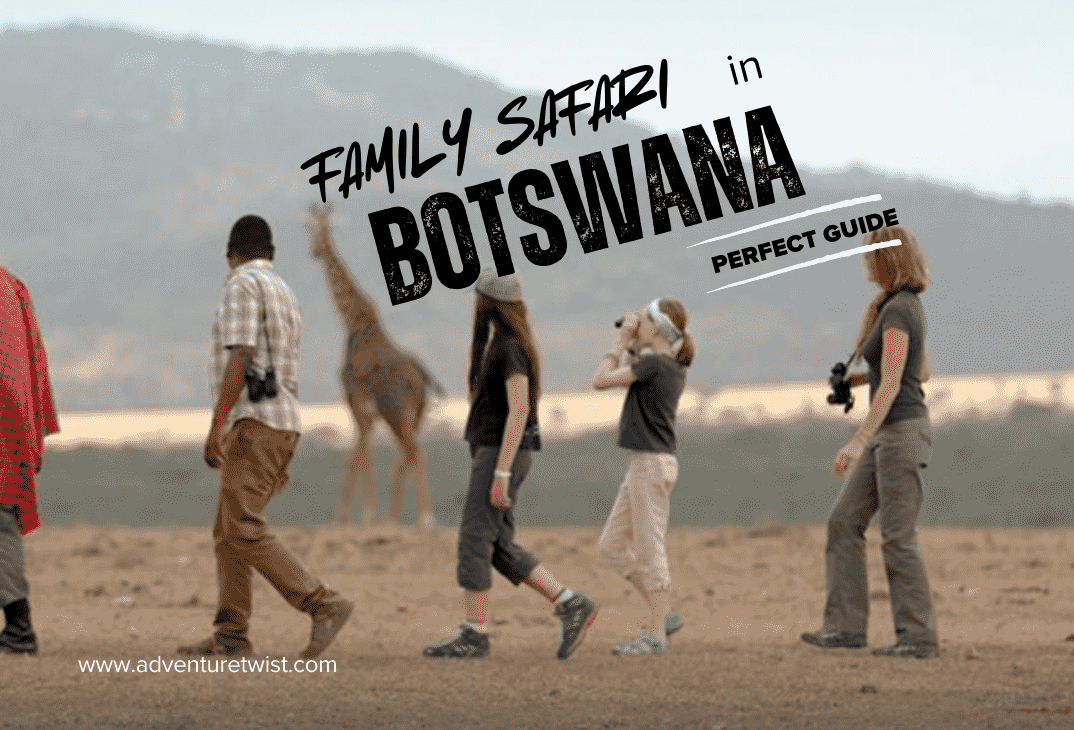
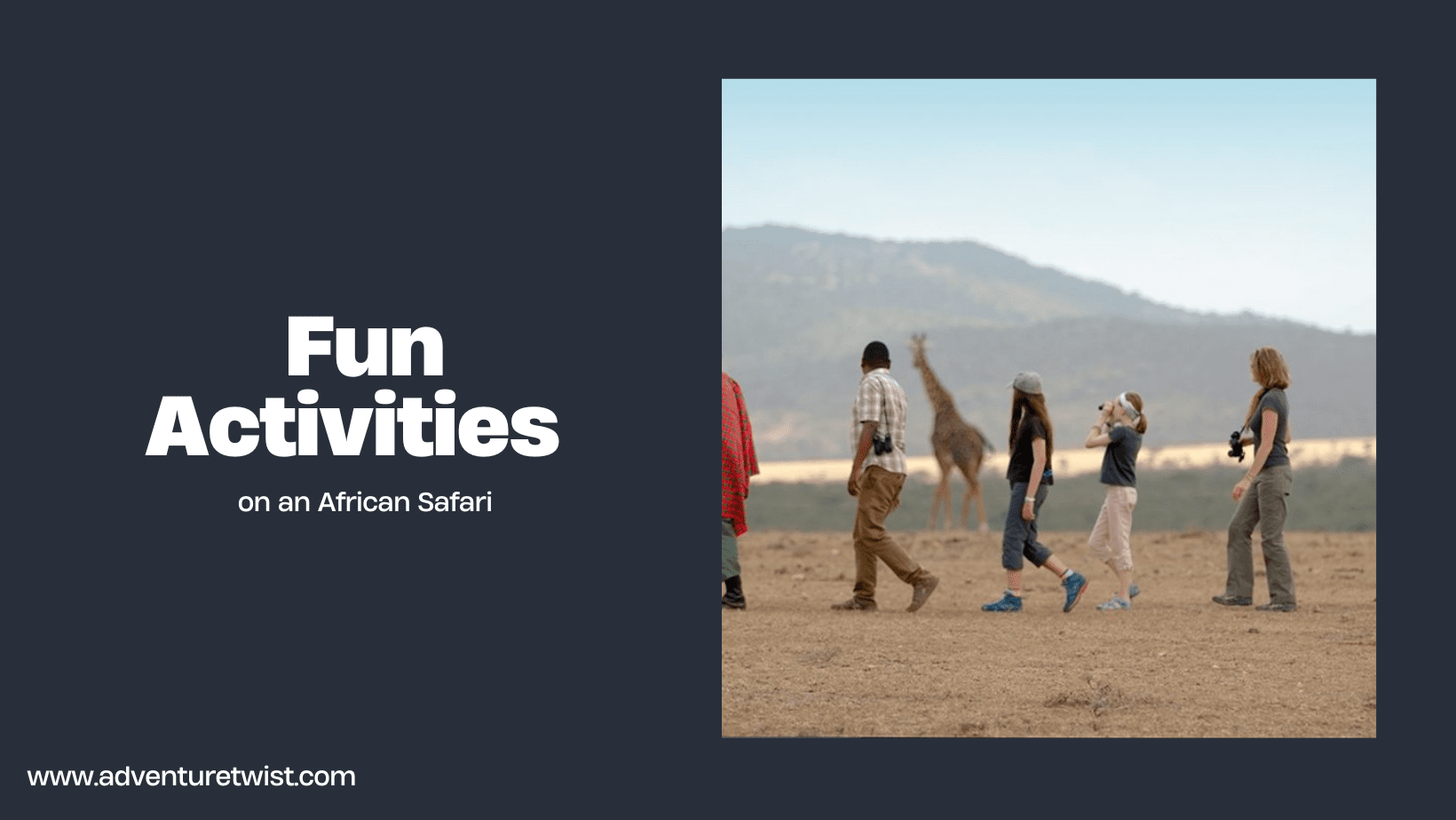
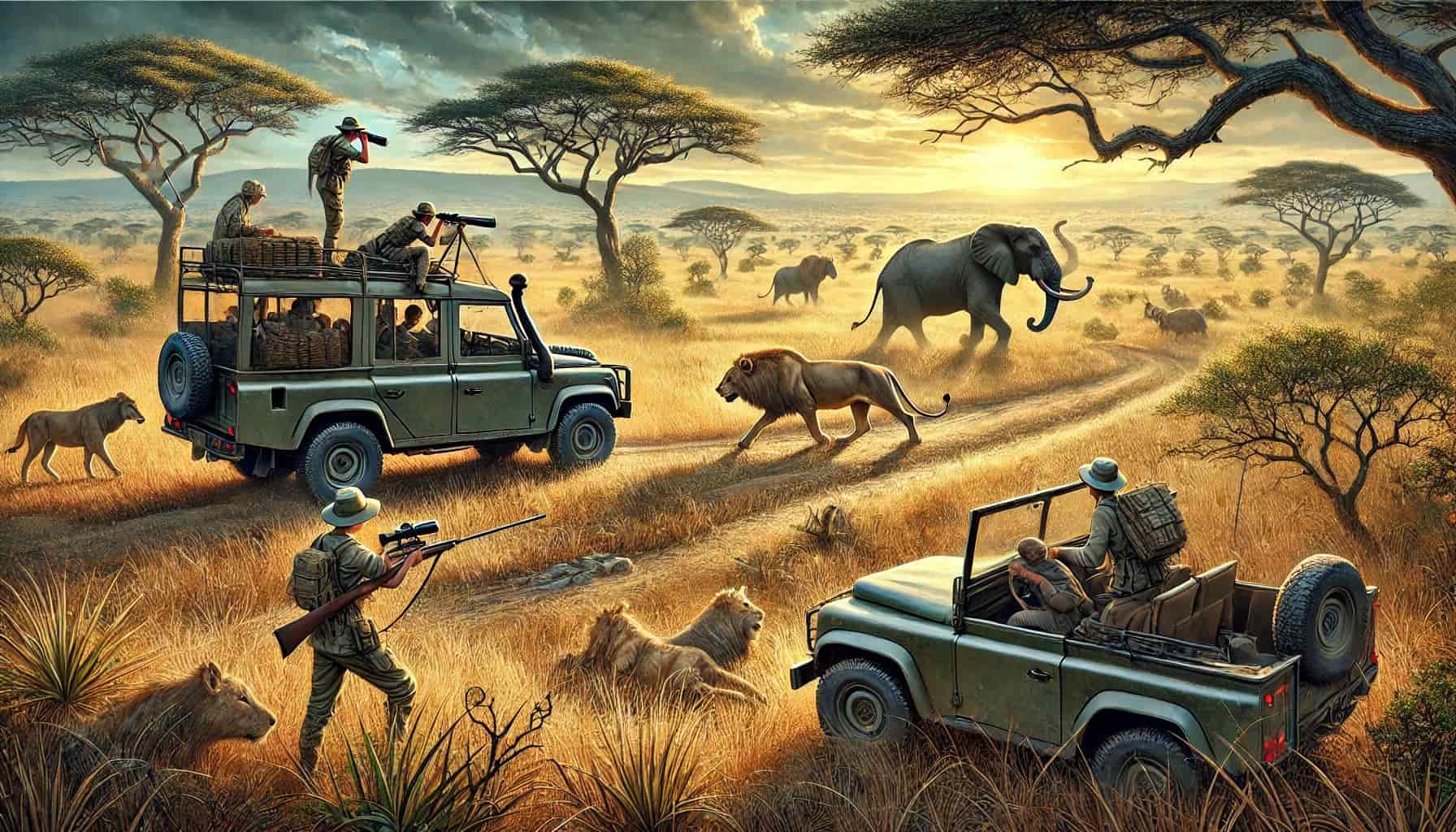
0 Comments